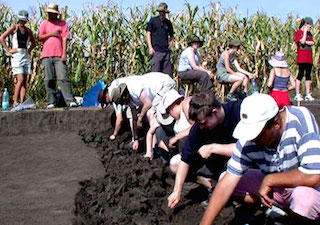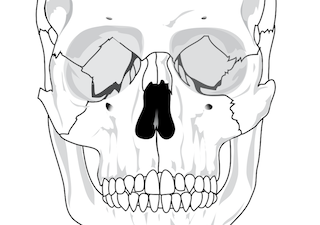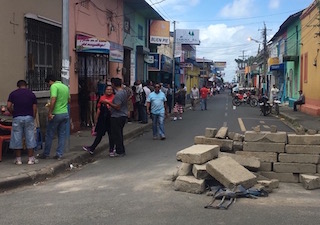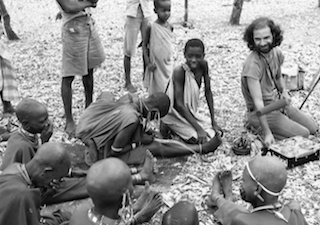With over a dozen Faculty and Lecturer Faculty, the Department of Anthropology carries out research and provides Undergraduate and Graduate education in four areas. We offer a Bachelor of Arts, Master of Arts, SF State Scholars Blended Program, Minor and Certificate.
Archaeology is the investigation of human culture via the study of material remains. Archaeology offers a unique perspective on human history and culture that contributes to our understanding of where people lived and how they lived, by examining everything from subsistence practices to structures of power and social inequality. The field of archaeology is also political, situated at the intersection of knowledge production and power. We encourage our students to think critically about the role of archaeological practice and interpretation in re-affirming contemporary structures of inequality, as well as how archaeology can be used as a means for advocacy and activism.
The study of Biological Anthropology focuses on the biological nature of being human. Integral to this study is an understanding of our primate heritage, our evolutionary origins, and our modern anatomy and physiology. The understanding of human variation over time and geographic space provides the framework for reconstructing our shared evolutionary history and the mechanisms of adaptation to local environments. Biological Anthropology is also highly-interdisciplinary and, in addition to the other subfields of Anthropology, it is strongly allied with the biological sciences, integrating aspects of evolutionary biology, ecology, zoology, anatomy and the medical sciences.
Cultural Anthropology focuses on the critical and comparative study of diverse human cultures and societies. One of the “four fields” in classical anthropology (with biological anthropology, linguistic anthropology and archaeology), Cultural Anthropology emphasizes the use of in-person ethnographic data collection as its fundamental method of understanding how people behave, perceive, think, feel, express themselves and relate to one another. Cultural Anthropology has traditionally been cross-pollinated by theory and methods from other academic disciplines, including Critical Race Theory, Cultural Studies, Ethnic Studies, Geography, History, International Relations, Political Economy and Women’s and Gender Studies. As a holistic discipline, cultural anthropology provides a historicized cross-cultural, transdisciplinary approach to recognizing and understanding the lifeways and challenges of individuals and societies around the world. Students in other majors who wish to apply the methodological skills of anthropology into their discipline are encouraged to complete the Certificate in Ethnography.
Since the beginning of photography and motion pictures, anthropologists have used visual media to record and analyze cultural phenomena as well as to represent culture to the public. Over the last hundred and twenty years, lens-based media echoed and reflected Anthropology’s paradigmatic changes through many different theories of culture. Recently, however, Visual Anthropology has become a subfield in its own right. It developed an auto-critique of visual media, expanded its domain to include art, archaeological imagery and new media, while continuing to pursue visual production. Anthropology's Visual faculty at San Francisco State follow all of these directions. At the same time, the faculty maintain a strong critical focus. Our courses concentrate on the analysis of educational, political and ideological components of media as well as strategies in the design of media for constructive social change.





